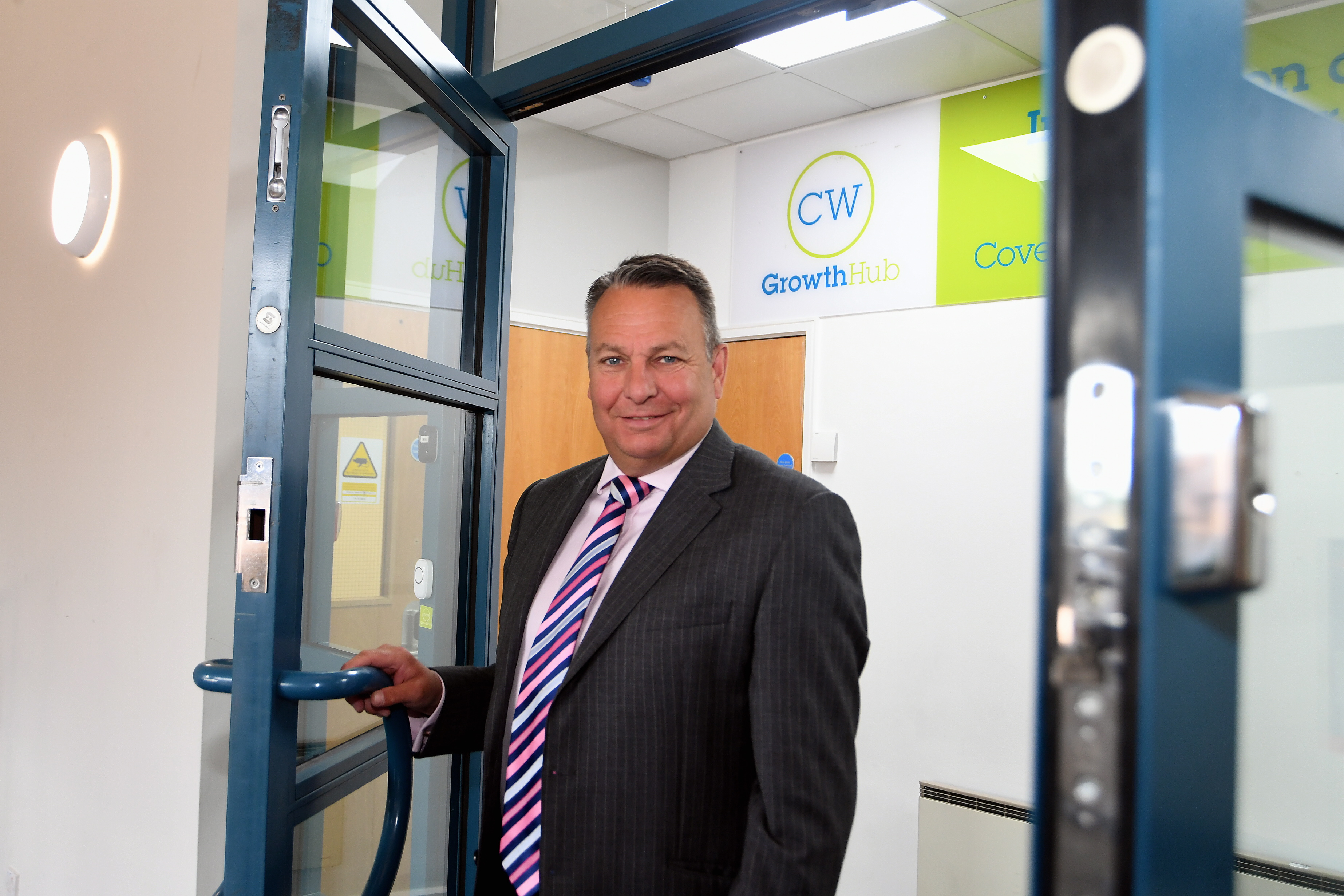Our CEO Craig Humphrey discusses how WFH is affecting employers and employees
Craig Humphrey, Chief Executive Officer of the Coventry and Warwickshire Growth Hub, discusses how working from home is affecting employers and employees.
“One of the legacies of Covid has been the more flexible working arrangements adopted by companies. There are many competing views on the subject but one indisputable fact is that it is having an impact on the labour market.
“Employers constantly ask how they can access the right talent for their business – it is the most consistent request we are hearing at the Growth Hub and we work closely with our colleges and higher education institutions to ensure that the needs of business are reflected in their offer.
“We are fortunate in this area that there are great lines of communication – and this is another example.
“During the pandemic, the Government signalled the intent that we should work from home (WFH) but they have not signalled the intent that we should all return to work and that’s a crucial statement that has been missing and has allowed sizable grey areas to arise.
“Many businesses that we encounter are telling us that it is a problem that has a negative impact on productivity.
“Hybrid working is in place in many sectors and it can work well but of course that is not possible in every industry. However, staff in those industries, see others able to work from home when they can’t and that causes an imbalance and a sense of injustice at the detriment of those sectors who simply can’t offer a hybrid model.
“Likewise, we know of businesses who are offering more flexible working arrangements than they would want to, not because it helps their business but purely because it is now a bargaining tool in the recruitment process. In the long-term, that cannot be a good thing for productivity.
“Before Covid, we were one of the worst performing G7 member countries for productivity and it remains our Achilles heel. We have to seek every opportunity to increase productivity, however marginally, because we are in danger of falling behind and the more that happens, the more difficult it is to correct.
“When it comes to WFH, I believe there needs to be a balance struck because employers often want to accommodate it wherever possible, but the bottom line has to be the major priority.
“We have a high number of people WFH in Coventry and Warwickshire. For young people it may seem like an attractive proposition in the short-term but it means that, in many ways, they are not learning the soft skills that employers require. Of course, formal training is vital but people learn from watching and listening what others are doing on a day-to-day basis.
“On so many occasions, business people have said to me they have candidates with the right academic qualifications but they want good aptitude in the workplace and it is those soft skills – which are often learned through experience – that are missing.
“It is far from easy for young people because they have had a three-year gap, missing out on learning these soft skills because of Covid.
“When you sit down with business people, they tell you the most advantageous network they ever joined was learning from their peers at work so that they had someone to talk to if they were not sure how to do something or to resolve any problems.
“You are more likely to listen to someone you have developed a working relationship with than someone you have no empathy with because you only know them from virtual meetings.
“It is really important as you develop soft skills that you have role models. I was an apprentice because I went down the vocational route, and I gained a great deal of respect for my manager who took me under his wing and developed my moral compass as well as how to complete my work to a high standard.
“WFH means you don’t develop those key professional relationships that teach you how – and how not – to operate in the workspace.
“What is key in productivity is having staff with all the attributes to achieve in the work place, and the more we limit those, the more we will suffer against out competitors.”

